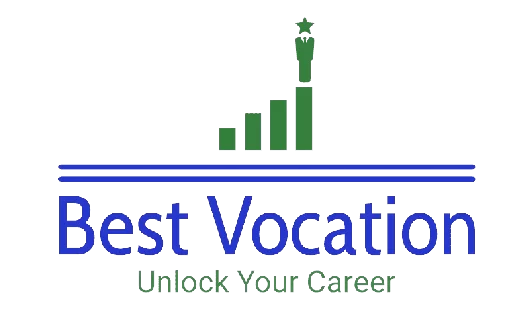Very few people actually enjoy being interviewed. Indeed for some people it can cause a great deal of stress, both in the anticipation of an interview and actually going through the process itself. Nonetheless at some period in your working life, you will have to go through formal interview situation. Here are a few tips to make that process not one to dread, but to actually make work in your favour.
Anyone’s chances of succeeding in an interview can be considerably enhanced if they prepare properly. By preparing properly we mean looking beyond the easily obtainable information that any other candidate can find by searching the Internet. We recommend really “digging down “to ascertain the real problems and opportunities in the company. What has led them to advertise to someone in the first place? Of course it is important to obtain the latest financial figures, and to do as much research on the Internet as possible. There is nothing wrong with doing this, indeed it is very necessary to at least acquaint yourself with the company’s position, and to read as much published information as you can possibly find. The problem is, as we have said, other candidates are doing the same.
Why is this “deeper research” so important? It is important because should you reach the latter stages of the interview process, you will be but one of three or four candidates, all of whom are probably capable of doing the job. There will therefore be very fine line between who wins and who loses. How then do you prepare yourself for this type of situation? How can you prove to the company that you are the best fit for the job. In many senses this is a classic “sales “situation. If you speak to anyone who has a sales background they will tell you that sales are often won because the winning company has paid closer attention to the real needs of the client they are selling to. That comes from more in depth research. Therefore the more you can do to find out how the company actually works i.e. how it treats its customers, suppliers, people and the outside world in general, the more chance you will have of obtaining information other candidates do not have and the better chance you will have. To find this out, you should speak to people who currently work there or have worked there in the past.
Alternatively you can quite legitimately ask people who work or have worked for competitors. Probably the quickest way to access this type of information is to use one or more of the social media platforms. LinkedIn is probably the best one to start with as it is very easy to identify people who can provide the information you’re looking for. LinkedIn’s rules state that you can only communicate directly with people who are in your first level network, unless you upgrade to a paid account. However you can bypass this by joining group of which that target contact is a member. Once you have been accepted as a member of that group, you can communicate with that person directly.
On the other hand, Twitter is not necessarily the sort of platform that comes to mind immediately when thinking of making contacts, particularly at senior level. However there are a number of ways of finding people quickly. The standard Twitter search can often help you identify people quickly war or have worked for an organisation. Alternatively there is a very good free program http://www.followerwonk.com which publishes people’s bios. It is therefore not too difficult to do a quick search on their full someone from a particular organisation.
As for the actual interview itself, however well prepared you are, and even if you practice answering imagined interview questions in front of the mirror, it can still be hard to feel you have given the best when it comes to the real thing. Here again preparation is important. Make sure you get to the offices where you are to be interviewed at least 15 to 20 minutes before the interview. This gives you time to get settled and comfortable. Although in many cases you will be offered tea or coffee, it is wise to refuse this under the circumstances. There is nothing worse than spilling a cup of coffee, as you get up to shake hands with your interviewer. Take several copies of your CV or resume with you as there may well be more than one person in the interview room.
Finally, don’t worry too much if you feel the interview has not gone according to plan. The first one or two interviews you have during your job hunting campaign often leave you with the feeling that you have not done your best. What you will find it is the more you attend interviews,the more relaxed you will be and in consequence give a better account of yourself. We often find that candidates, come away from the third or fourth interview saying there have not done very well, only to find out later that they have been offered the job.


More Stories
Why Vocational Education Opens Exciting Doors: The Powerful Skills Most Jobs Require Today
Get Ahead Tips for the IRS Agent Job Posting Application
Navigate Your Future Top Job Search Engines Revealed